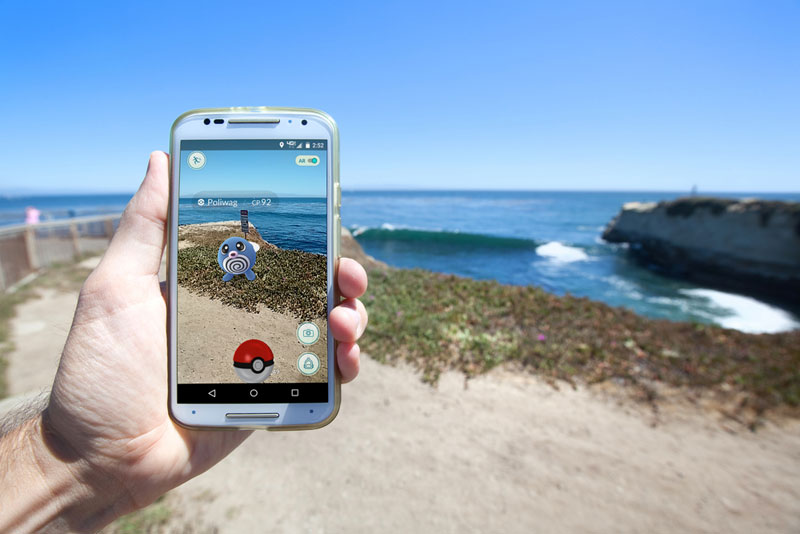'Pokémon Go' Got Players Moving for 6 Weeks…Then Fizzled

Playing "Pokémon Go" really does get people to walk more, but the effects appear to be short-lived, a new study suggests.
Researchers found that during the week after people downloaded "Pokémon Go," they took 955 more steps, on average, compared with people who didn't play "Pokémon Go." The study involved 1,182 Americans ages 18 to 35 who completed an online survey in August 2016, shortly after the game's release. In the smartphone game, users walk around (in the real world) and try to find and capture (virtual) "Pokémon" characters.
The survey participants were asked whether they'd played "Pokémon Go," and were told to provide screenshots from their smartphone to show the total number of steps they took daily during the weeks before and after they downloaded the game. (Participants were required to have an iPhone 6, which automatically tracks and records daily steps.)
Close to half of participants (47 percent) reported playing "Pokémon Go." On average, these participants each walked about 4,200 steps a day during the four weeks before they downloaded the game, which was about the same as the number of steps taken among people who didn't play the game.
But the week after downloading the game, "Pokémon Go" users saw their average daily steps increase to more than 5,000, while those who didn't play the game saw no change in their daily steps. [Beyond Gaming: 10 Other Fascinating Uses for Virtual-Reality Tech]
However, in the weeks following that first week after they downloaded the game, "Pokémon Go" players' steps decreased, and by six weeks out, there was no difference in daily steps between users and non-users.
"Pokémon GO has been suggested to improve public health by promoting physical activity," the researchers wrote in a special Christmas issue of the journal BMJ. "In our study population, however, the results indicate that the health impact of Pokémon GO might be moderate… the increase in steps from Pokémon GO, as with many physical activity interventions, was not sustained over time."
Sign up for the Live Science daily newsletter now
Get the world’s most fascinating discoveries delivered straight to your inbox.
Still, the researchers remain optimistic about the findings. "We just have to be more creative about finding ways to get people to keep exercising," study researcher Eric Rimm, a professor in the Departments of Epidemiology and Nutrition at the Harvard T.H. Chan School of Public Health, said in a statement.
The researchers also noted that the participants in their study were not necessarily representative of the U.S. population, and there may be some people who do sustain an increase in physical activity from playing the game. In addition, more studies are needed on the effect of "Pokémon Go" on children, they said.
In October, researchers from Microsoft published a study that estimated that playing "Pokémon Go" led Americans to take 144 billion more steps during the first month of its release. However, that study did not directly ask participants whether they'd played the game. Instead, the researchers inferred whether participates were playing the game based on their online searches. That study also did not examine physical activity after their first month of playing the game.
Original article on Live Science.

Rachael is a Live Science contributor, and was a former channel editor and senior writer for Live Science between 2010 and 2022. She has a master's degree in journalism from New York University's Science, Health and Environmental Reporting Program. She also holds a B.S. in molecular biology and an M.S. in biology from the University of California, San Diego. Her work has appeared in Scienceline, The Washington Post and Scientific American.









